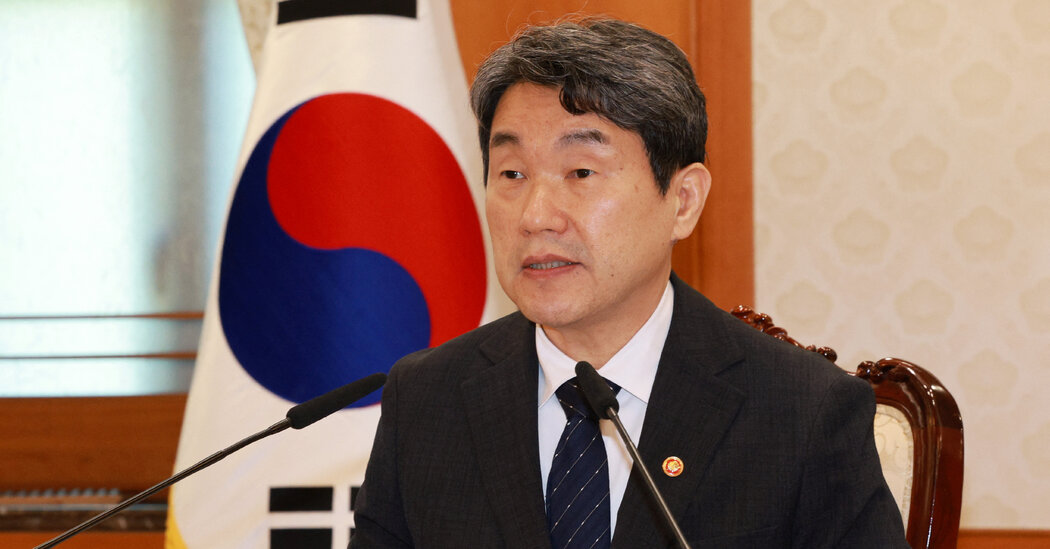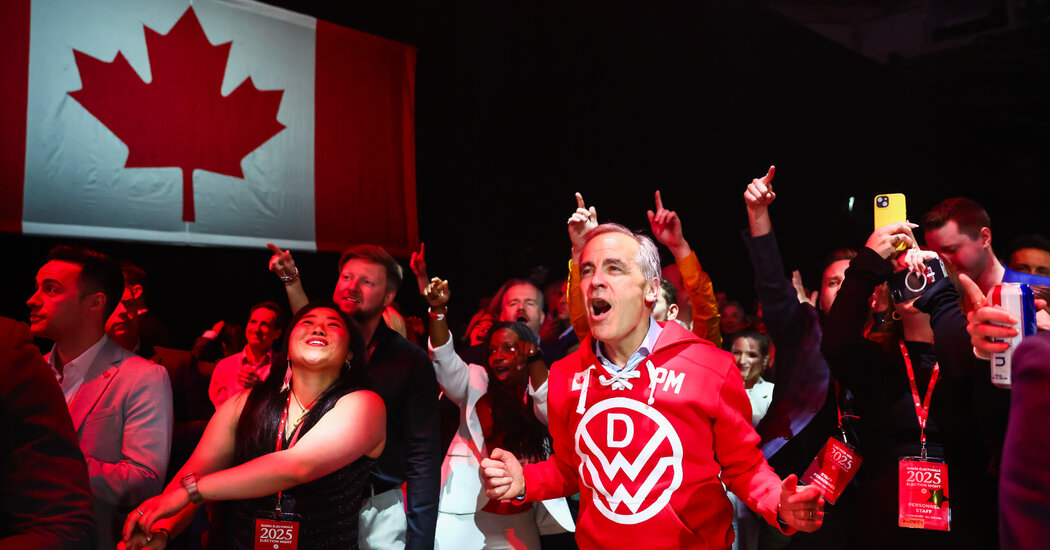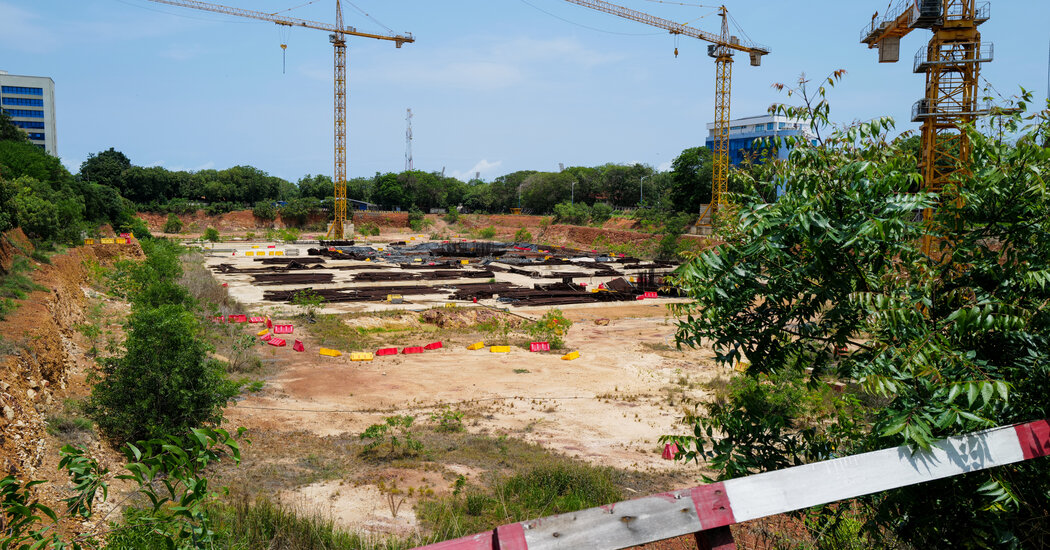South Korea has become a case study in how a thriving democracy can suddenly spiral into a constitutional crisis, and there’s no end in sight.
For the past five months, the country has been run by three different acting presidents after its elected leader was impeached and removed for abruptly declaring martial law late last year.
But as the country prepares to elect a new president on June 3, citizens hoping to see stability face more uncertainty. There are already doubts over whether the front-runner, Lee Jae-myung of the Democratic Party, will be legally allowed to run — or to finish his term if he wins.
Adding to that, Han Duck-soo, who stepped down as prime minister and acting president on Thursday, declared a presidential bid on Friday. But he needs to secure the support of the People Power Party to have a chance of success, and that party is currently considering its own candidate.
Mr. Han served as the faithful No. 2 in the government of former President Yoon Suk Yeol, who was impeached for his short-lived imposition of martial law and is standing trial on an charges including insurrection. Still, Mr. Han said he was the best person to end the political polarization that has paralyzed South Korea’s governance and to fend off what he called a “tariff bombardment” from U.S. President Trump.
“I have decided to find what I can do for the future of my beloved country,” Mr. Han said. “I will do my best to get myself chosen by the people in the election.”




